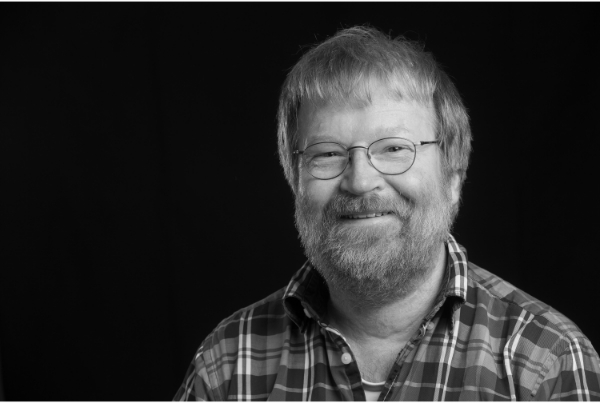Thomas Surrey obtained his PhD in Biochemistry from the University of Tübingen in 1995. After postdoctoral training at Princeton University and the European Molecular Biology Laboratory (EMBL) in Heidelberg, he became group leader at EMBL. In 2011, Thomas moved to the CRUK London Research Institute (LRI) to take the position of a senior group leader and later transferred to the newly established Francis Crick Institute in London. In 2019, Thomas relocated to the Centre of Genomic Regulation (CRG), a part of the Barcelona Institute of Science and Technology, to take the position as a CRG senior group leader and ICREA research professor. Thomas is author of 86 research publications, elected EMBO member (2012), recipient of an ERC Advanced Grant (2013) and of the Hooke medal of the British Society of Cell Biology (2015). He was a Whitman Center Fellow at the Marine Biology Laboratory (MBL) in Woods Hole in 2016 and a Visiting Miller Professor at UC Berkeley in 2018.
